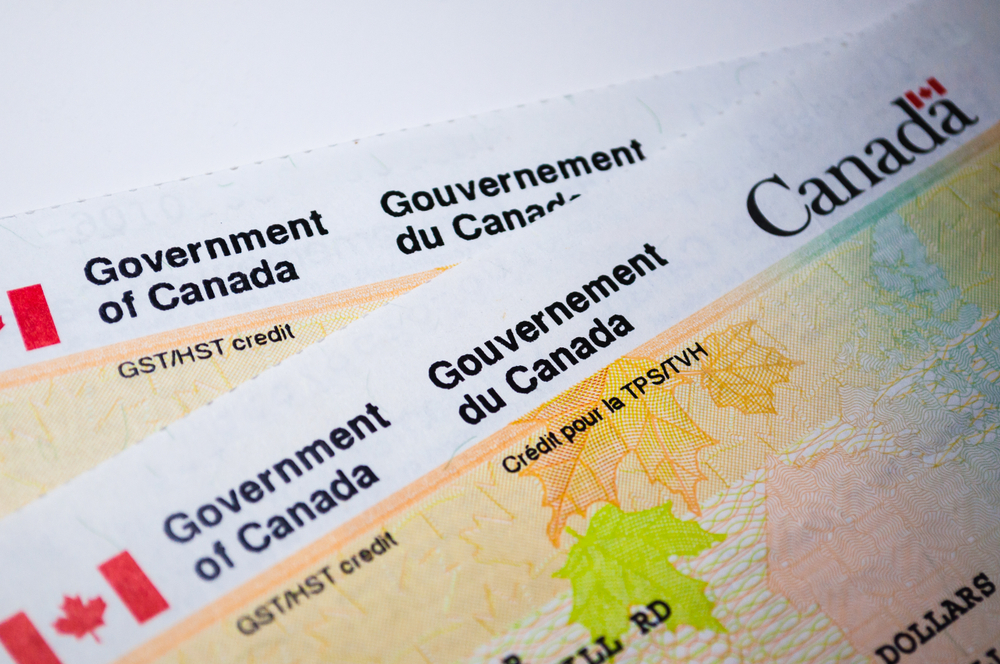Tax Planning and Saving Tips to Deal with Income Tax Debt

We’ve all heard that “nothing is certain except death and taxes.” While death cannot be avoided, living a healthy life can certainly put off the inevitable for as long as possible. The same is true with taxes – while we can’t avoid them, there are things that we can do that can make taxes less painful.
In Canada, it is not illegal to owe taxes. But it can be illegal to not file your tax returns if you are legally required to file a return. Failure to file tax returns when required could be consider tax evasion by the Canada Revenue Agency (CRA). Tax evasion is a crime, and could result in prosecution, fines and/or jail time.
Many people avoid filing their tax returns because they are concerned that they cannot pay any balance due. This is not the right approach – if tax returns are filed late and there is a balance due, the CRA will charge a late-filing penalty of 5% of the balance due, plus an additional 1% for each full month you file the return after the due date. In addition, CRA charges interest on any taxes owing. For the first quarter of 2022, the interest rate is 5% per annum.
If you do not have enough tax withheld from the source of your income, or if you are self-employed, you are required to make regular payments to CRA during the year (aka tax instalments) if you are going to owe more than $3,000 for the tax year for residents of all provinces and territories except Quebec. For Quebec residents the threshold is $1,800. Failure to make your required tax instalments will result in interest charges.
Here are some tax planning tips that can make paying taxes less painful:
1. Always file your tax returns on time. Even if you can’t pay the balance due right away, at least you’ll save the late filing penalties. If you are getting a refund, you’ll get your money back sooner. Your eligibility for many benefits like the GST credit, Canada Child Benefit and Old Age Security are dependent on your income. If you delay filing your tax returns, it could affect your eligibility to receive the benefit or delay when you get the money owed to you by the government.
2. If you can’t afford to pay the balance due for your taxes in full, pay as much as you can and then work out a budget to pay anything left owing as quickly as you can afford. If needed, you can also speak to CRA and work out a payment plan.
3. Make your required quarterly tax instalments (March, June, September and December). If it’s easier for you to budget, you can make tax instalments monthly.
4. Even if you are not legally required to make tax instalments, you can make regular instalments (monthly or quarterly) to reduce the pain of owing an unmanageable amount when you file your tax returns.
5. Set up a separate bank account that you can’t get access to with your bank card. Have your bank transfer an amount each month into that account. This will make saving for taxes less painful and by having the money in a separate account that you don’t have easy access to, you can avoid the temptation to spend the money you’re saving for taxes. Use these savings to pay anything owing for taxes when you file your return.
6. If you ultimately find that the amount you owe for taxes is more than you can afford to pay, speak to a Licensed Insolvency Trustee. A Consumer Proposal or filing for bankruptcy will eliminate your income tax liability. You can only file a Consumer Proposal or file for bankruptcy through a Licensed Insolvency Trustee.
